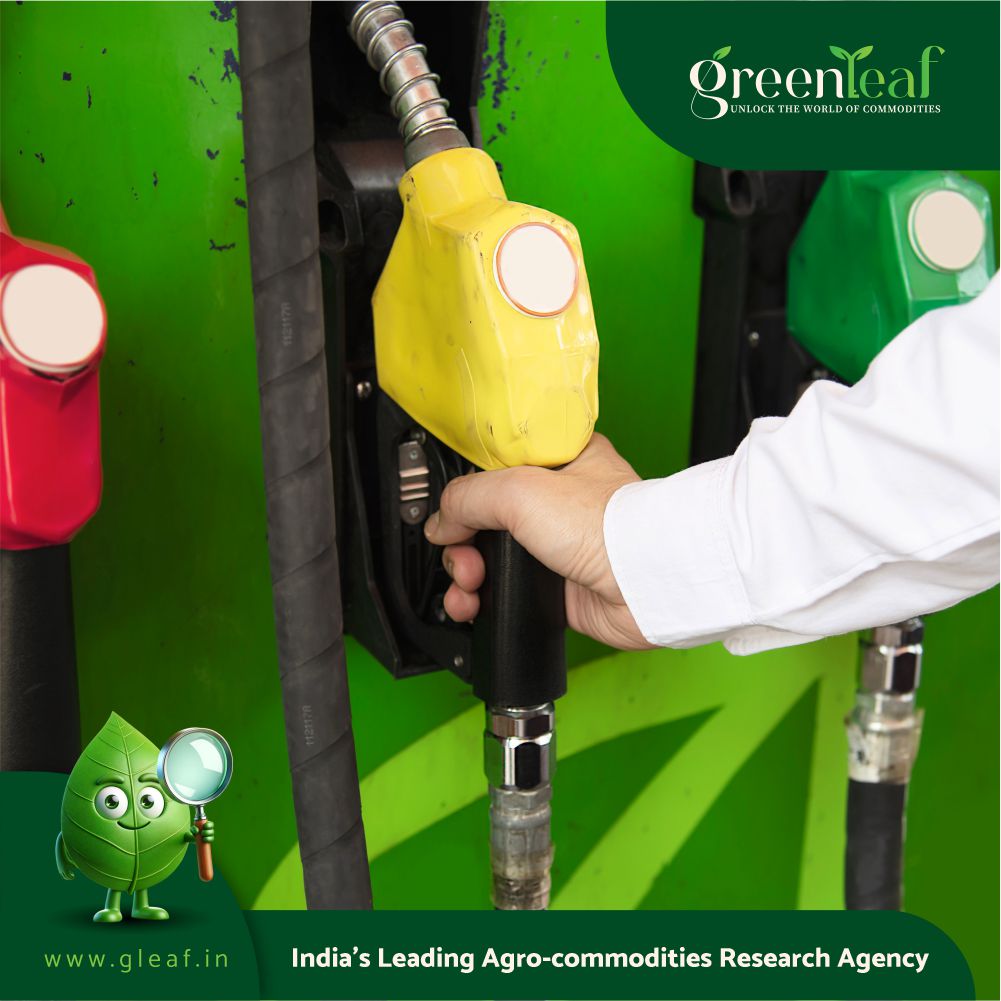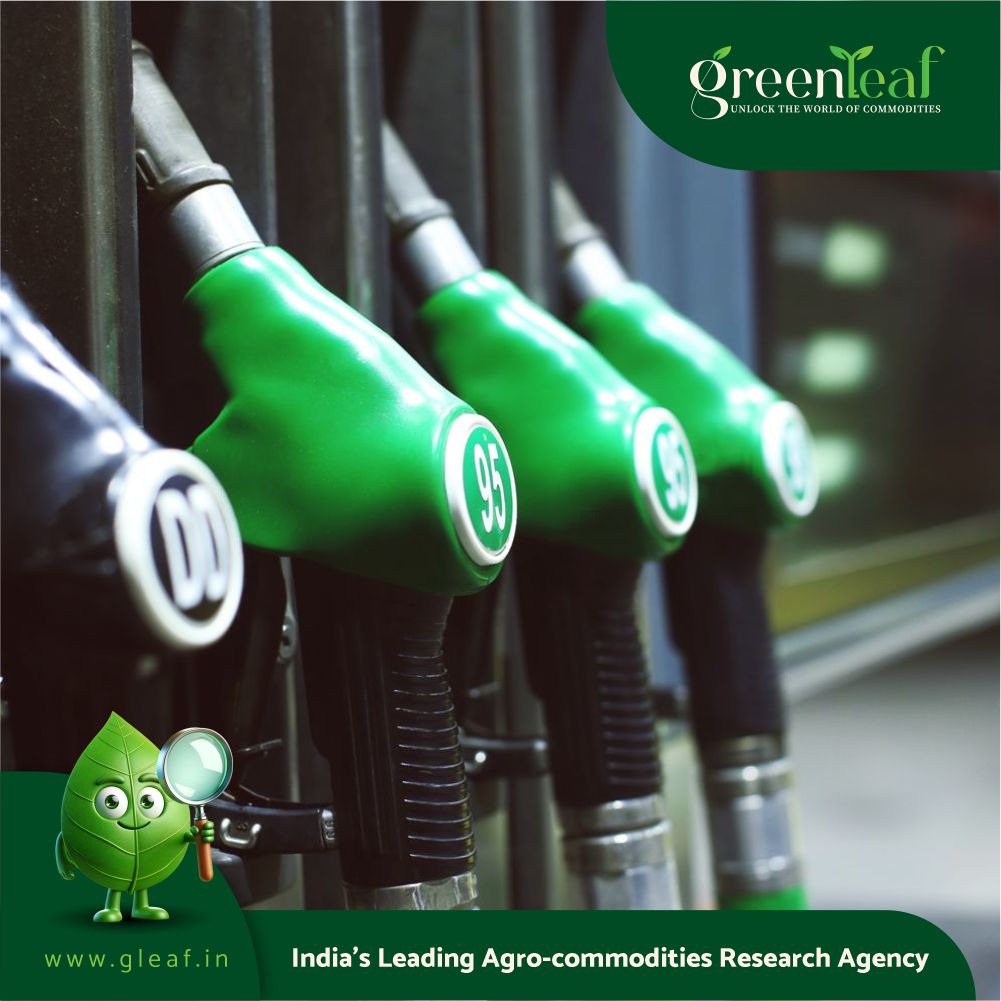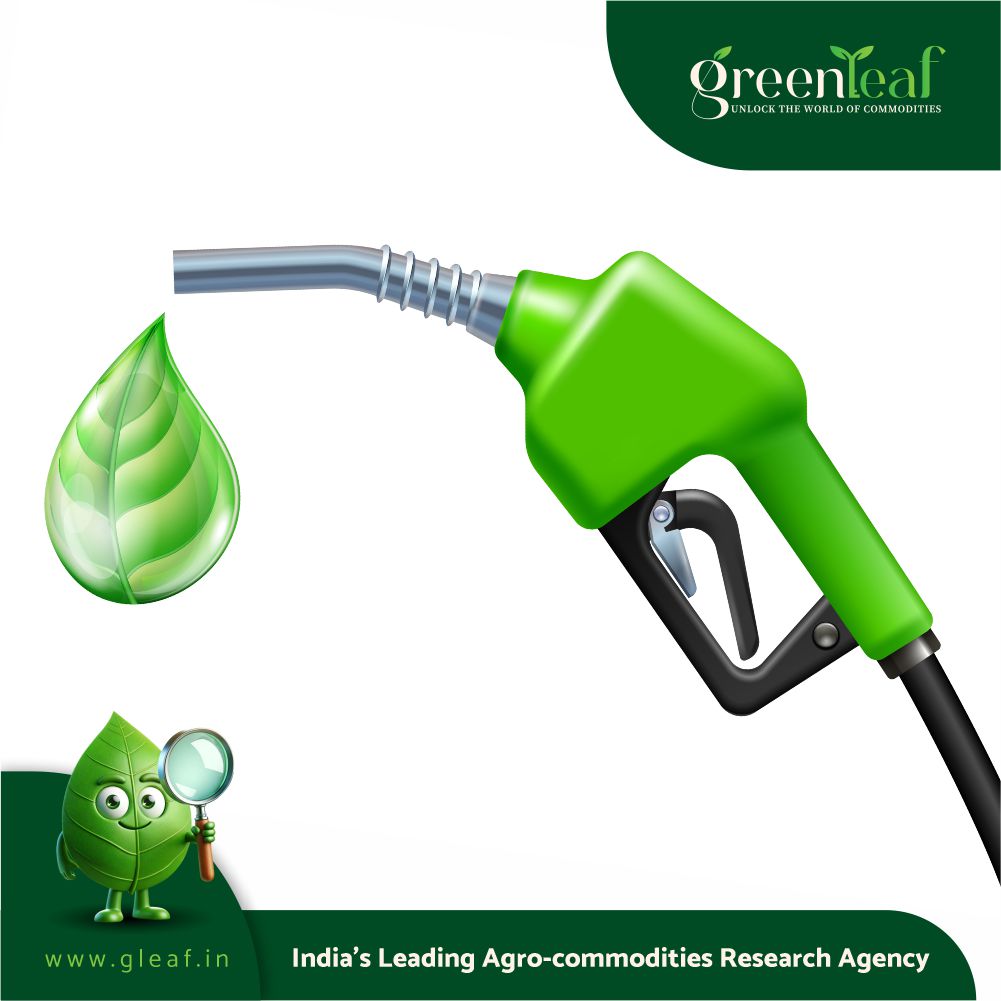The U.S. Grains & BioProducts Council’s office in Japan held a technical ethanol workshop in August as a follow up to the Council’s On-Road Ethanol Conference in June to speak about the roadmap and challenges of introducing of gasoline blended with 10 and 20% ethanol (E10 and E20) in the country.
The Japanese Ministry of Economy, Trade and Industry (METI) recently announced its plan to introduce E10 in limited areas in 2028 followed by full nationwide E10 implementation in 2030, as well as establishing an E20 program by 2040.
“During the June conference, Japanese stakeholders emphasized the importance of gathering information from countries currently blending at E10 levels and the Council made it a priority to connect them at this workshop,” said Tommy Hamamoto, USGBC director in Japan.
“Japan is a longstanding, trusted trading partner of the U.S. agricultural industry and the Council is proud to offer its support for new opportunities for collaboration such as biofuel blending.”
USGBC Ethanol Consultant Rowena Torres-Ordonez and representatives from Council members Growth Energy and the Renewable Fuels Association traveled to Tokyo for the event, beginning with meetings with METI and the Japanese Meteorology Research Institute (MRI) to discuss the financial and environmental benefits of biofuels.
Discussion topics at the workshop, attended by nearly 60 people, included an overview of supply infrastructure and fuel procurement procedures, as well as fuel quality and vehicle standards for biofuel integration.
Significant time was allotted for questions from participants and a networking session to further engage Japanese stakeholders and help prepare them for E10 and E20 implementation.
“With the potential demand coming from E10 and E20 blending policies, positioning U.S. producers at the forefront of Japanese importers and end-users’ minds are of paramount importance to secure future market share,” Hamamoto said.
“I look forward to further coordination and cooperation with the public and private sectors in Japan to ensure the transition to E10 and E20 is seamless and fruitful.”
Learn more about the Council’s work in Japan here.















